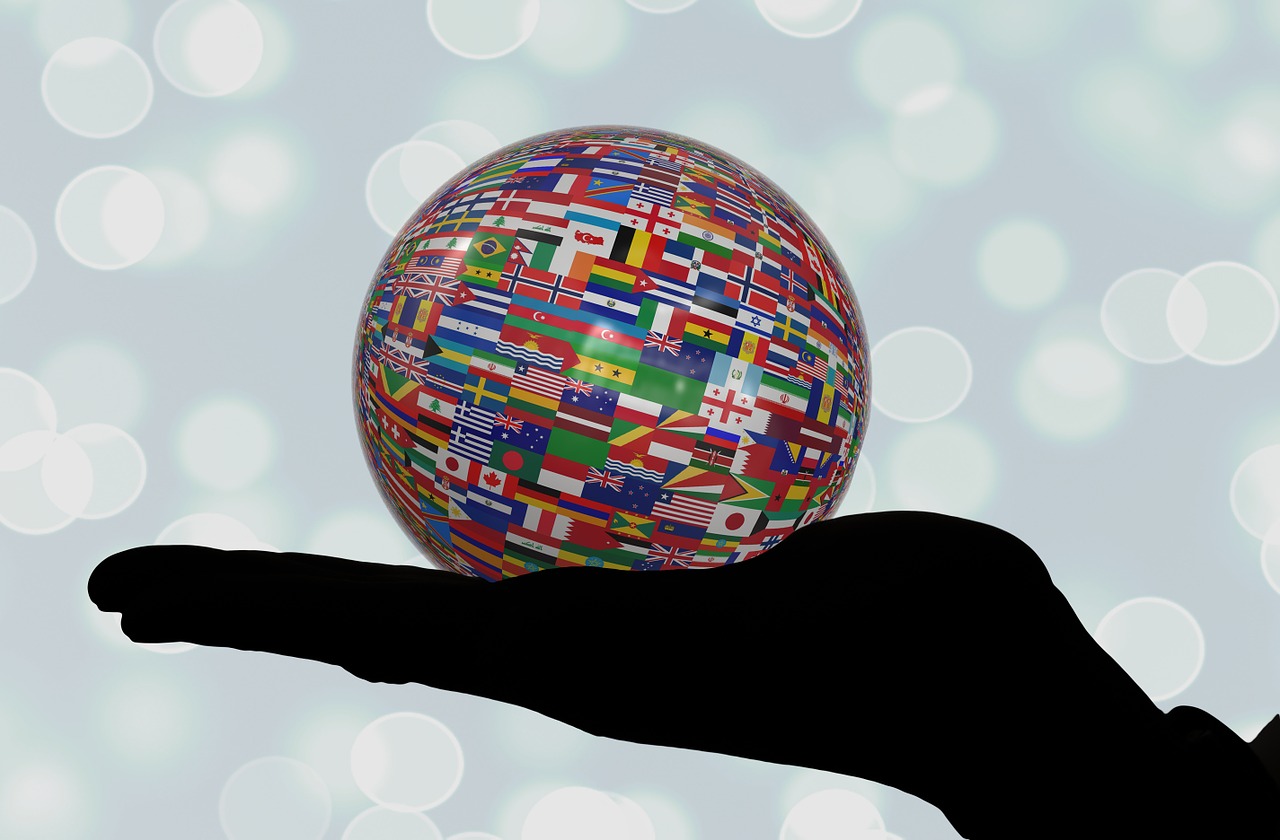Nelson Mandela once said:
“if you talk to a man in a language he understands, that goes to his head. If you talk to him in his language, that goes to his heart.”
The benefits that come with communicating with someone in their own language are many. In fact, it allows to connect at a deeper level, to create and build trust, to increase credibility.
A company that decides to offer information in multiple languages will also have the same benefits.
To enter a new market and start an internationalization process, a company should first do some research. This because some countries could be a better choice than other countries. Also, some audiences could better receive your products or services better than others.
If you already have an international audience, it is interesting to track and study where your current public comes from. It is important to analyze competitors, the culture, policies etc.
When a company starts thinking about launching in a new country, it is important to get familiar with two concepts, localisation and globalization.
What are localisation and globalization?
Localisation
Localization is the process of adapting your product to local markets. By adjusting we mean changing it to ensure that the targeted audience will understand it and appreciate it. It means creating content that will feel and sound local.
It starts with translation, but it goes well beyond the translation of the content. Things like local preferences, culture, beliefs, political ideas, religion etc. must be taken into consideration. Localisation means changing colors, icons, design, pictures, currency, time format so that the target audience will perceive the content as tailored made for them.
Globalization
Globalization is the adaptation of a specific resource to fit the demands of multiple cultures, not just on, as it happens with localisation.
It is the development of a product, content, that is accepted worldwide. This includes studying and learning about international law and local regulations, how to build an international environment and connect with international partners.
There is an element of language translation in globalization. The difference is that when you translate content for localisation the existing content is translated to a specific language. For globalization you translate content into multiple languages to make it accessible to multiple people, audiences, and cultures.
To make it simple à Localisation adapts content to fit the demands of a specific culture, while globalization adapts content to fit the demands of multiple cultures and audiences.
Globalization and Localisation: Final Thoughts
It is important to have a holistic approach when it comes to forming a global strategy. Basically, you need to think global but act local.
To ensure a great outcome you should rely on the help of professionals to guide you through all the steps and processes.
Find out how we can help, get in touch!

